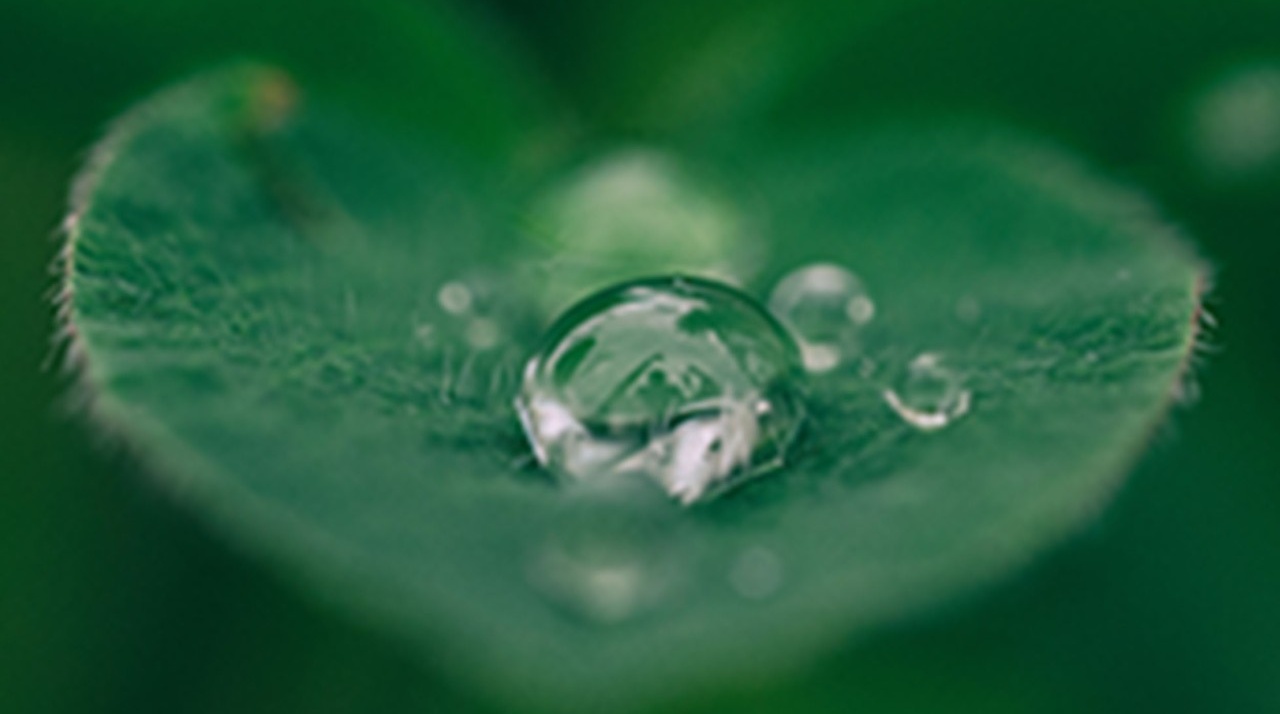Clean Water, Clean Soil, Clean Air
We expect clean technologies such as renewable energy and low waste manufacturing to have a measurable positive impact on the environment. ║┌┴¤│ď╣¤═°researchers work in many aspects of environmental development, management and monitoring, including┬áwater,╠řair,╠řsoil╠ř▓╣▓ď╗ň╠řremediation.╠ř╠ř
WATER
The demands that contemporary society places on water resources are immense: water safe to drink; water for agriculture and industrial processes; water for recreation. And when water has been consumed, used or processed, the wastewater must be treated, and runoff must be managed to prevent contaminating the environment and endangering the water supply. Meeting these requires the development of technology in all these areas.
┬áis the NSERC/Halifax Water Industrial Research Chair in Water Quality & Treatment and also serves as the Director for the Centre for Water Resources Studies (CWRS) at Dalhousie. He and his team are investigating new processes, such as biofiltration, for monitoring and removing pathogens from drinking water.┬á's research program specializes in ecological engineering and contaminant hydrology and has expertise in┬áwater quality modelling, microbial water quality, and on-site and alternative wastewater systems.┬áAmina Stoddart┬áinvestigates the optimization of water treatment technologies and the development and application of methods to evaluate treatment performance.┬áImproving the utilization of chemicals, water and energy in the cleaning systems used to wash milk from the pipelines on dairy farms is the focus of┬áPeter Havard's work. This involves the testing of various recycling and water reuse practices on a prototype cleaning system.┬áRichard leBrasseur explores the relationship between climate change and the warmer, wetter, wilder landscape. Rick's Green Infrastructure Performance Lab (GIPL) provides a better understanding of how human┬áactivities affect the eco-hydrology within wetlands, bogs, coastal edges┬áand green infrastructure in order to minimise future impacts -┬áand maintain human and ecological health while serving critical┬áecosystem services such as carbon sequestration to Canada and the world.┬áAndrew Medeiros' research interests focus on understanding the influence of environmental stress on freshwater systems. His current research projects outline the influence of environmental change on aquatic trophic systems. This includes investigation of water security through the lens of sustainability and conservation, municipal planning, and engineering for freshwater supply services.┬áMichael Metzger and his team study the use of battery materials for energy-efficiency water desalination. Intercalation materials are used in innovative device designs ÔÇô so called ÔÇťdesalination batteriesÔÇŁ ÔÇô to remove salt ions from feed water solutions. The team investigates efficiency, selectivity, and lifetime of electrochemical water treatment solutions based on battery materials.┬áAlison ScottÔÇÖs research aims to improve the efficiency of water treatment processes by designing polymer flocculants. Tailor-made flocculants have the potential to reduce the material needed for treatment and to improve the quality of the treated water.

AIR
If we are truly developing a low-carbon economy and reducing the release of other pollutants into the atmosphere through advanced manufacturing technologies or better utilization of waste products, how will we know? Atmospheric research provides us with tools to measure and monitor the effects of human activity on air quality and climate.  studies the sources, transport and loss processes of particles and gases in the atmosphere in marine and polar regions.

SOIL
The sustainability of agriculture depends upon the soil health; carbon and nitrogen, in addition to being indicators of soil health, have a role to play in greenhouse gas emissions from agricultural soil.
Lord Abbey investigates soil nutrient management systems as well as greenhouse production and technology systems. Environmental management, sustainable agriculture and ecosystems, interactions between urban and peri-urban systems, and enhancing opportunities to utilize organic by-products (wastes) are the focus of Gordon Price's research; his research specialties are Contaminant transport, soil fertility, organic waste management, disposal of Specified Risk Materials (SRM), Emerging Substances of Concern (ESOC).
REMEDIATION
Rob Jamieson,╠řGraham Gagnon,╠řr,╠řGordon Price╠ř▓╣▓ď╗ň╠řTony Walker┬áhave research interests in the remediation of altered environments, and are members of the NSERC CREATE┬á┬á▒Ŕ░¨┤ă▓Á░¨▓╣│ż.╠řr carries out research in the areas of bioremediation process development and treatment/reuse of effluent streams from industrial sources. She is particularly interested in remediation of waste streams within integrated process development in the context of circular economy. Receiving support from fermentation industries enabled a multi-year operation of a novel integrated biorefinery. Her work extends to remediation process development for emerging and persistent organic contaminants.┬áGordon Price's research includes soil biochemistry, contaminant fate and transport and building soil health of agro-ecosystems.┬áTony Walker's research efforts include the management and remediation of contaminated sites, ecological impacts and mitigation of industrial pollution, ecological risk assessment and environmental effects monitoring, management of aquaculture impacts, management of Arctic and Antarctic natural resources, air pollution impacts on ecosystems.┬áRichard leBrasseur examines landscape processes as a tool for soil and water remediation particularly within sustainable development practices of contaminated sites. ┬áUsing green infrastructure as a tool to initiate techno-centric approaches to eco-engineering, his research reviews urban stream health and bioremediation approaches.
